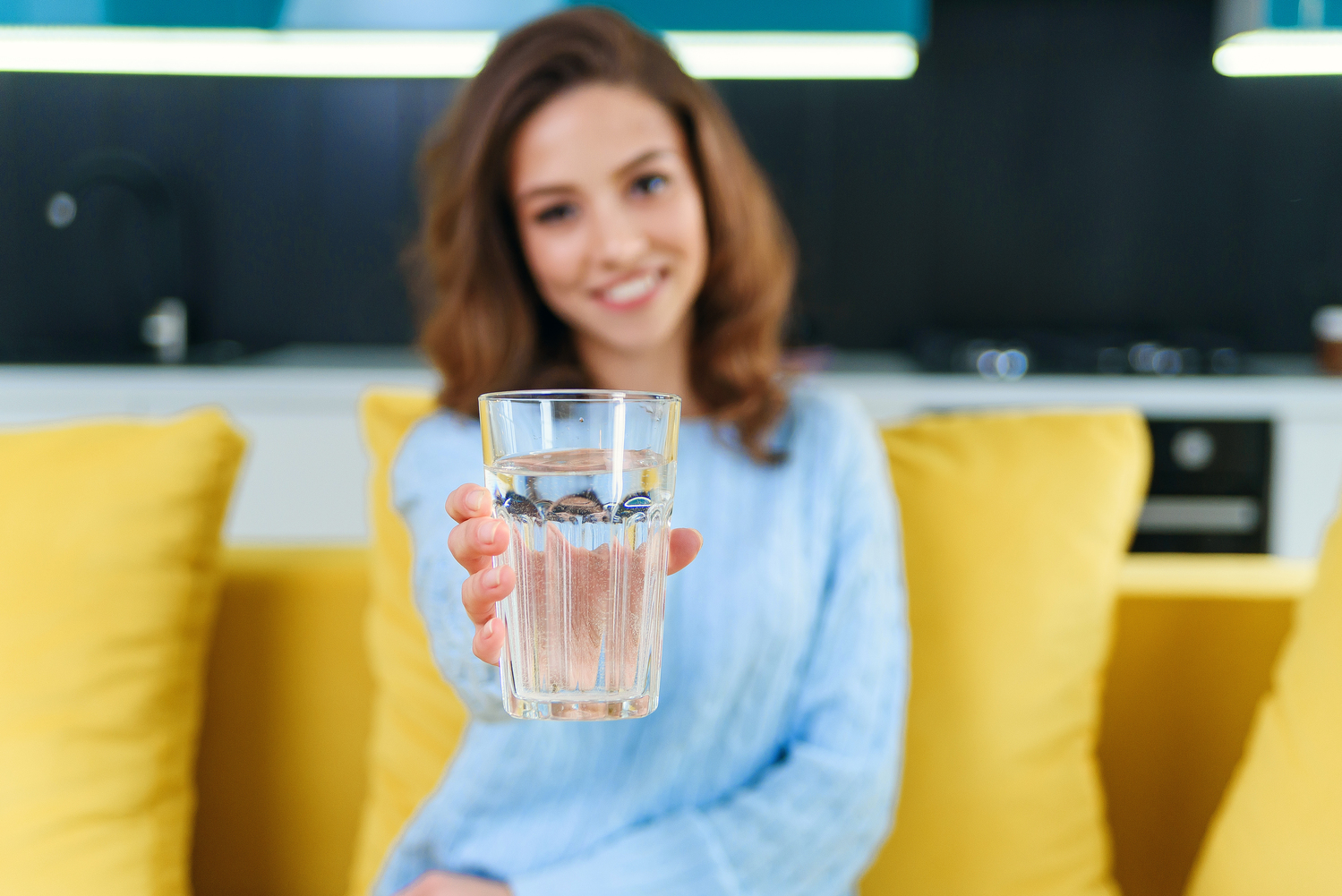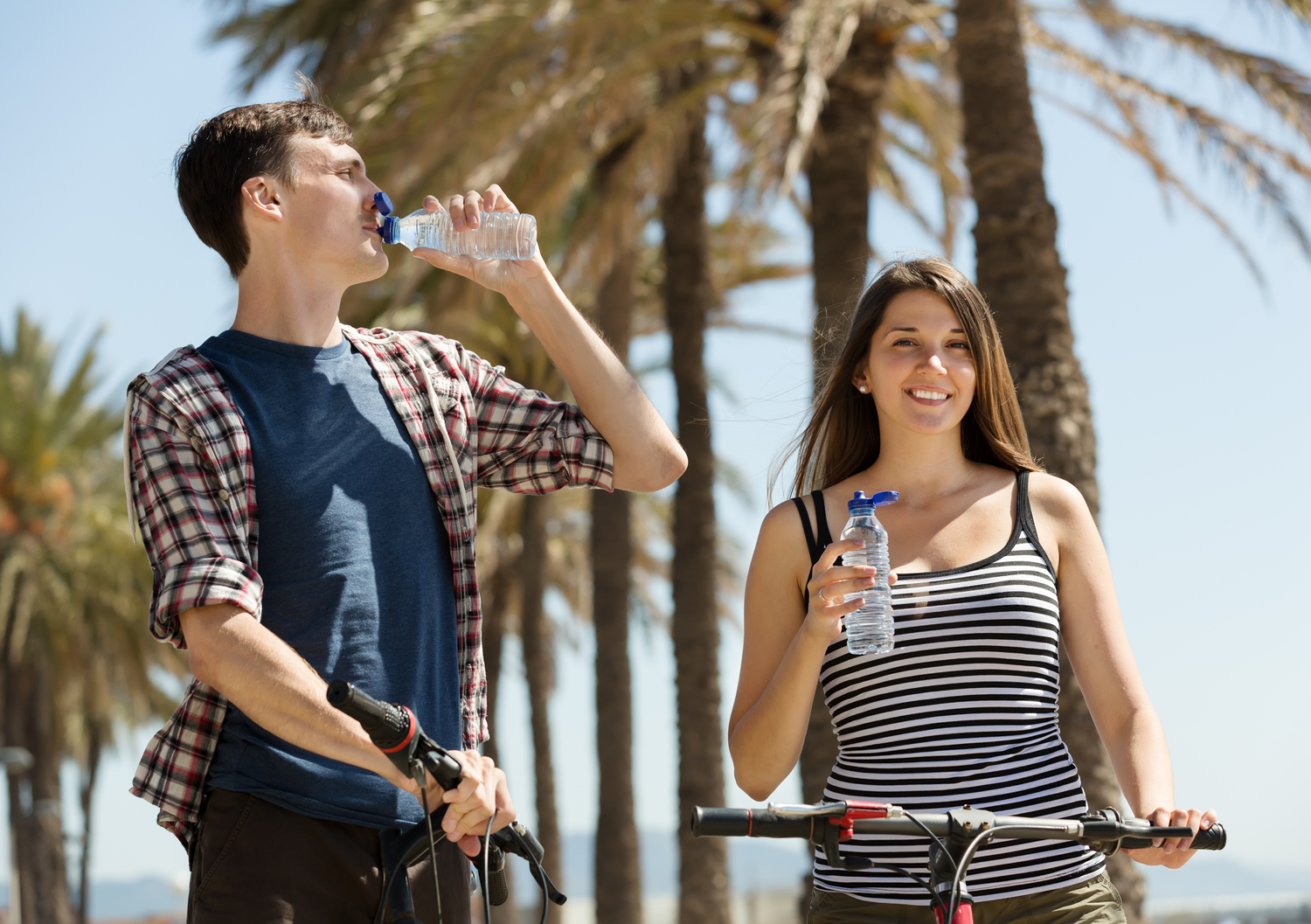Did you know that dehydration is one of the most common health issues among people in the US? Although many people know what dehydration is, few understand the reasons why it develops.
Dehydration occurs when the body loses more fluids than it takes in. This can happen for various reasons, including heat exposure, physical activity, or an illness. While dehydration is often associated with hot weather or sweating during intensive exercise, it can occur in any situation where the body loses fluids faster than they can be replaced. Alcohol consumption is one of those reasons.
If you've ever had a hangover, you’ll know that alcohol is a dehydrating agent. But why does it have this effect? And is there anything you can do to prevent or counteract the dehydration caused by alcohol consumption? In this post, let’s explore the science of alcohol dehydration and discuss how to stay hydrated while enjoying a night out in town! Stay hydrated, everyone!

Is alcohol a diuretic?
Alcohol is a diuretic, meaning that it increases urine production. It inhibits the activation of an antidiuretic hormone (ADH), also known as vasopressin. ADH is responsible for regulating the body's fluid levels, and when it is inhibited, the body will produce more urine to flush out the excess fluid. This can lead to dehydration of alcohol, as the body loses its ability to maintain fluid balance due to the diuretic effects of alcohol and loses more fluids than it takes in.
What are the alcohol dehydration symptoms?
When you drink alcohol, your body works hard to process the toxins in alcohol and get rid of it as quickly as possible. This increases urination and can lead to dehydration, resulting in several symptoms such as thirst, headaches, dizziness, tiredness, and dark-colored urine. Severe symptoms of dehydration include fainting and confusion.

Dehydration can also cause low blood pressure
As mentioned before, alcohol dehydrates the body by causing it to lose more fluids than it takes in. This can lead to an imbalance of electrolytes in the body and a drop in blood pressure. Therefore, it is important to be aware of the symptoms of alcohol dehydration and to drink plenty of fluids when drinking alcohol.
How to prevent dehydration from alcohol consumption?
Dehydration from alcohol can lead to serious health problems, and knowing how to do it is important. If you are planning to consume alcohol:
- Don’t drink with an empty stomach - it speeds up alcohol absorption.
- Choose weaker alcoholic beverages that are lower in alcohol content (such as beer, wine, spirits, etc.) - they have a less negative influence on hydration status.
- Avoid caffeinated beverages, as they can cause further dehydration.
- Drink plenty of water before and during your drinking session. This will help to offset the dehydration that will occur from alcohol consumption.
By following these simple tips, you can help to prevent dehydration and keep yourself healthy.
Read more:
How to get rid of water retention after drinking alcohol?
One common side effect of alcohol dehydration is water retention. This is caused by the body's attempt to retain fluids to compensate for the loss of fluids caused by alcohol's diuretic effects. This can lead to a build-up of water in the tissues, causing swelling and discomfort.

Here are some actions you can take to help reduce water retention after drinking alcohol:
- The solution doesn't change: Drink plenty of water. This will help flush out the edema from your system.
- Avoid salt. Sodium can cause the body to retain fluids, so it is best to avoid salty foods when you are trying to stop water retention.
- Exercise regularly. If you're a social drinker, take advantage of regular exercise. It helps the body excrete excess fluids and is a great way to reduce water retention.
A few words of caution for those who drink alcohol
Though alcohol is associated with some health benefits when consumed in moderation, it is important to be aware of the risks of excessive drinking. Heavy drinking can lead to health problems such as liver damage, heart disease, and pancreatitis. It can also increase the risk of contracting cancer or other serious diseases. So if you are planning to drink alcohol, be sure to drink plenty of fluids to offset the dehydration that will occur. You should also avoid salty foods and exercise regularly to help reduce water retention. Finally, be aware of the risks associated with excessive drinking, and consume alcohol in moderation.
If you have any questions or comments about this blog post, comment below! We would love to hear from you!
About Vivoo
If you're looking for a way to track your hydration levels, Vivoo is the perfect solution! Vivoo is an at-home urine test that tracks your body’s wellness through 9 parameters, like hydration, magnesium, urine pH, and many more, to provide you with personalized nutritional and lifestyle advice. Plus, it's quick and easy to use – you'll get your results in just 90 seconds! You can finally take charge of your overall wellness and start feeling your best! Get started on your wellness journey today with Vivoo.















